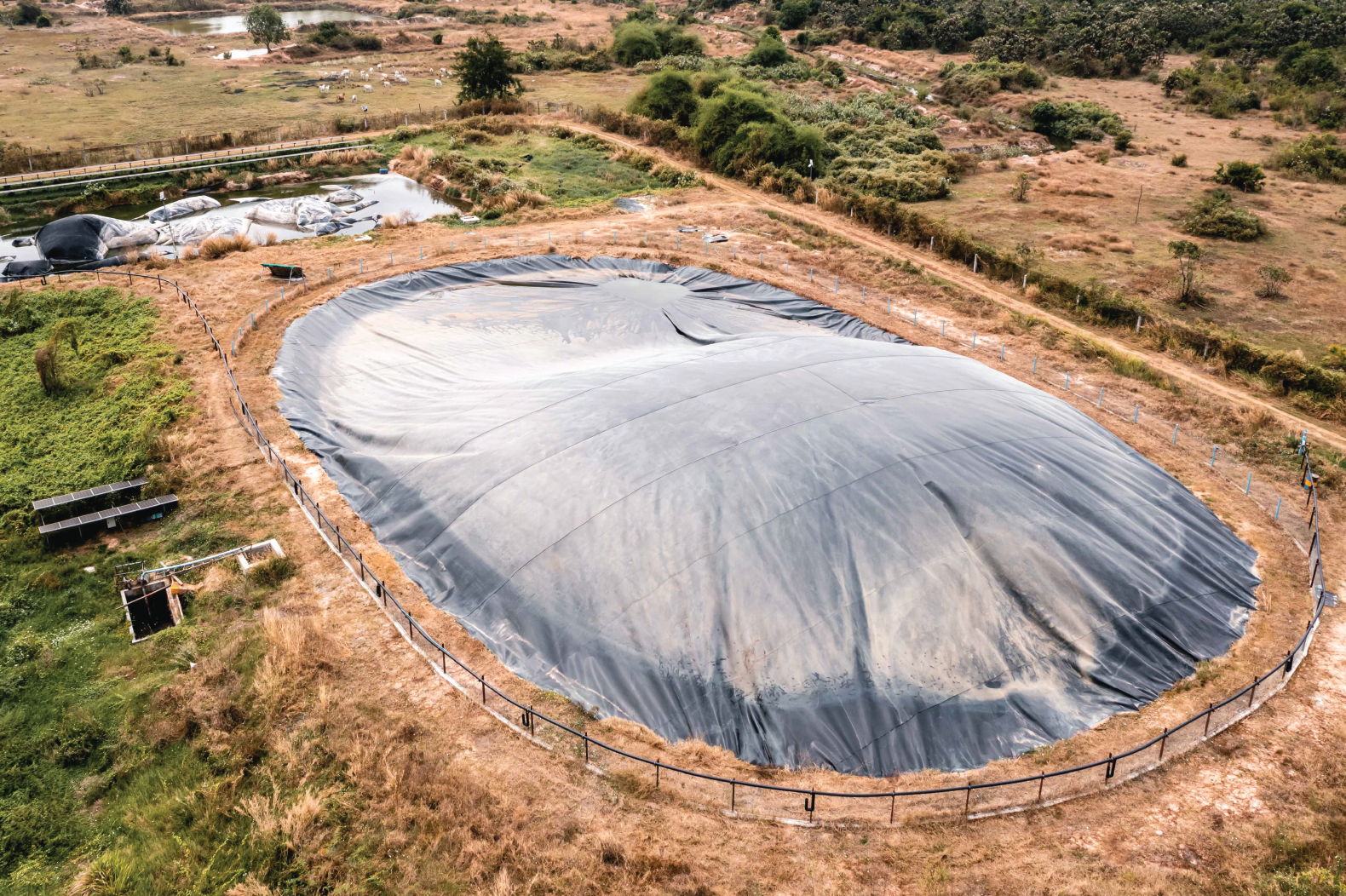In the Morning of Friday, August 30, 2024, with the honor permission from H.E. Dr. Aun Pornmoniroth, Deputy Prime Minister, Minister of Economy and Finance and Chairman of the Non-Bank Financial Services Authority (FSA), H.E. Sou Socheat, Delegate of the Royal Government in Charge as Director General of the Securities and Exchange Regulator of the Cambodia (SERC) and Mr. Wong Keet Loong, Chief Executive Officer of Credit Guarantee Corporation of Cambodia (CGCC) signed a Memorandum of Understanding (MoU) on “Collaboration in Promoting the Development and the Issuance of Guaranteed Bonds” and co-organized the workshop on “Benefits and Opportunities of Issuing Guaranteed Bonds in Cambodia” under the high presidency of H.E. Ros Seilava, Secretary of State of the Ministry of Economy and Finance and Chairman of CGCC and Vice Chairman of the Board of FSA at FSA building.

This MoU signing ceremony was organized to promote the development of securities sector and the issuance of guaranteed bonds by supporting companies and financial institutions to obtain additional capital through the issuance of bonds including green bonds, social bonds, sustainability-linked bonds, and sustainability bonds which are supported and guaranteed of repayment in case default by local guarantor in order to enhance local capital mobilization more effectively. Back to back with this MoU signing ceremony, both institutions also co-organized the workshop on “Benefits and Opportunities of Issuing Guaranteed Bonds in Cambodia” in order to raise awareness and disseminate the requirements to obtain guarantees for bonds and for small and medium enterprises (SMEs) and related institutions as well as highlight the benefits and opportunities of issuing guaranteed bonds.

In this event, H.E. Delegate stated that “Through today’s MoU, it will attract more companies, including SMEs, to seek financing through the securities market, and will also provide additional benefits for listed companies having demands for additional sources of financing in the form of bond issuance or other forms of debt, with the opportunities to obtain guarantee with special rate.”

Mr. Wong Keet Loong also stated that “As the first and only bond guarantee institution in Cambodia, CGCC will play a key role in developing the growth of bond issuance listed on the Cambodia Securities Exchange (CSX). The credit rating of CGCC at khAAA will enhance the credit rating of the issuer thus giving added confidence to bond investors. This MoU with SERC is strategic to develop and work towards enhancing the securities framework to promote higher bond issuance to raise funding and attract more domestic and foreign investors.”

H.E. Ros Seilava has added that “This MOU will enable both parties to achieve the shared goal in terms of mutually supporting SERC for the development of the bond market, and CGCC to be the leading bond guarantee institution in Cambodia for improving financial inclusion and developing SMEs in Cambodia. At the same time, this cooperation will bring a positive impact on the bond market in Cambodia by encouraging the issuance and investment of more bonds, including green bonds, social bonds, and sustainable bonds.”

This event was attended by senior representatives including: General Secretariate of FSA and regulators under FSA, CSX, Cambodia Association of Securities Firms, Cambodia Chamber of Commerce, Young Entrepreneurs Association of Cambodia, the Association of Bank in Cambodia, Rating Agency of (Cambodia) Plc., listed companies and potential listed companies and media partners with a total of 100 participants. The workshop was sharing by resources speakers who enrich of professional experiences from SERC, CGCC, Telcotech LTD., Royal Group Securities Plc. and Prudential (Cambodia) Life Assurance Plc.

Means of Contact:
SERC
Research, Training, Securities Market Development and International Relations Department via mobile number (855) 95 775 772 (Khy Pochchhing) or Email: [email protected]
CGCC
Division: Strategy and Business Development Department via mobile number (855) 78 222 186 (Sorn Chhorvyvatey) or Email: chhorvyvatey.sorn@cgcc.com.kh
About SERC
SERC is an authority to supervise, monitor and develop the securities sector in the Kingdom of Cambodia that having seen the Preah Reach Kram No. NS/RKM/0121/003 dated January 16, 2021 that promulgate the Law on the Conduct and the Organization of the Non-Bank Financial Services Authority and having seen the Preah Reach Kram No. NS/RKM/ 1007/028 dated October 19, 2007 that promulgate the Law on The Issuance and Trading of Non-Government Securities and Anukret No. 97/ANKR/BK dated July 23, 2008 on the Organizing and Functioning of the Securities and Exchange Commission of Cambodia. SERC has its official website: www.serc.gov.kh and official Facebook page: www.facebook.com/serc.gov.kh.
About CGCC
CGCC is the only credit guarantee corporation in Cambodia, established by the decision of Samdech Akka Moha Sena Padei Techo Hun Sen, as a state-owned enterprise under the technical and financial guidance of the Ministry of Economy and Finance. The primary mission of CGCC is to provide credit guarantees to improve financial inclusion and support the growth of SMEs in Cambodia. On 31 January 2024, CGCC launched as the First Cambodian Bond Guarantor after being accredited by the SERC) and rated khAAA, the highest rating by the local rating scale, by the Rating Agency of Cambodia on 19 December 2023. CGCC aims to provide guarantees on local corporate bond issuances on the CSX to support local companies raising funding and the development of the securities sector in Cambodia. The official website of CGCC: www.cgcc.com.kh and official Facebook page: https://www.facebook.com/officialcgcc.
















